The European Union’s (EU) decision to raise steel import tariffs to 50% is creating fluctuations in the global steel market and is being closely watched in Africa. While many African countries are exempt from the measure under World Trade Organization (WTO) rules, regional officials and industry representatives agree that the decision could have indirect effects across the continent.
With the new regulation announced in Strasbourg, the EU has reduced its duty-free steel import quota to 18.3 million tons, targeting major producers such as China, India, and Turkey. In contrast, developing countries that account for less than 3% of total EU steel imports will be exempt from the new tariffs under the WTO’s Safeguard Measures Agreement. However, this exemption offers only short-term relief for countries like South Africa, Nigeria, Egypt, Morocco, Algeria, and Tunisia. Experts believe that Europe’s protectionist policies could indirectly impact African markets.
Producers in Asia and Latin America, unable to access the European market, are expected to redirect their surplus steel to Africa. This could pose a significant threat to the continent’s rapidly growing local producers. In recent years, countries such as Nigeria, Kenya, and Algeria have made major investments in domestic steel production to support industrialization and infrastructure development. However, Europe’s protectionist approach may increase pressure from cheap imported steel in these markets.
A South African industry representative notes that, although the continent’s direct exports to the EU are limited, the decision could shift trade flows:
“Most African countries don’t import much steel from the EU. For example, South Africa and some regional producers largely source their imports from China. However, countries like Angola and Mozambique, which trade heavily with Portugal, could face serious challenges. This may push them toward suppliers within Africa.”
Another South African official warns that the decision could threaten price stability across the continent:
“The market is already unstable, and this will make matters worse. The EU’s new tariffs, combined with the existing CBAM, create a new wave of trade protectionism. This could redirect trade in less protected markets like South Africa and West Africa. Surplus steel redirected from Asian countries may cause price fluctuations in African markets. What I cannot say for certain is how much these measures will actually protect EU industry and markets.”
Meanwhile, an Algerian industry representative describes the process as a “pressure tactic”:
“The EU initially implemented a 25% safeguard measure, and now the rate has risen to 50%. Algeria’s quota share is decreasing each year. When CBAM fully comes into effect in 2026, the situation will become even more complex. Therefore, diversifying our export markets and strengthening our presence outside Europe"


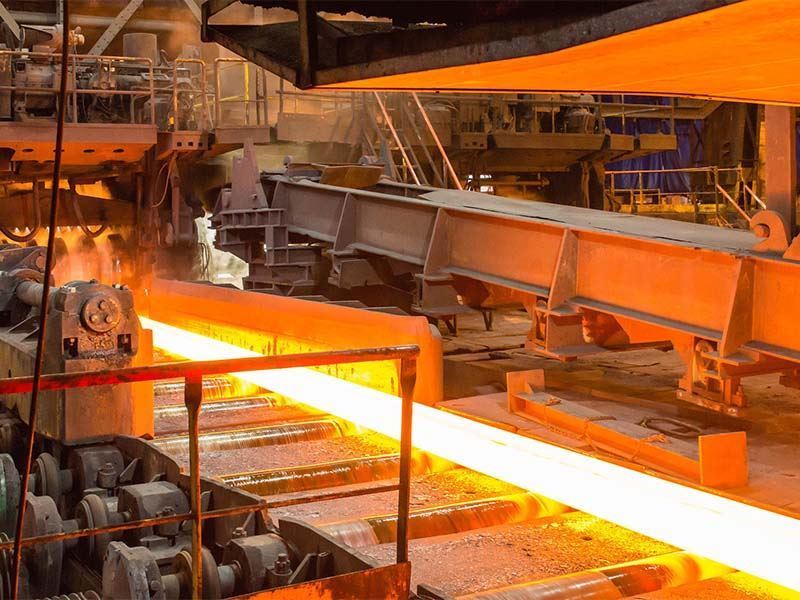

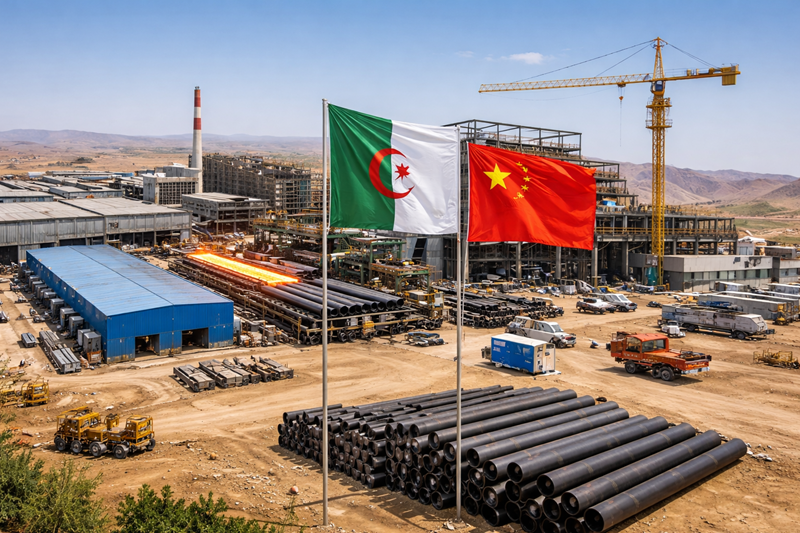
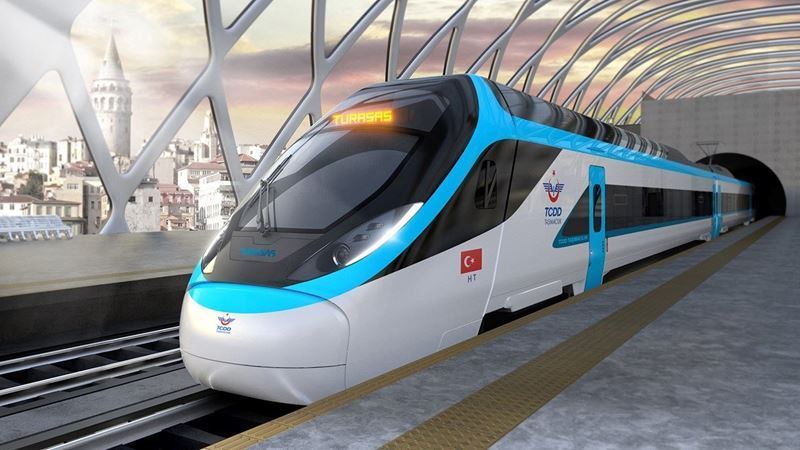
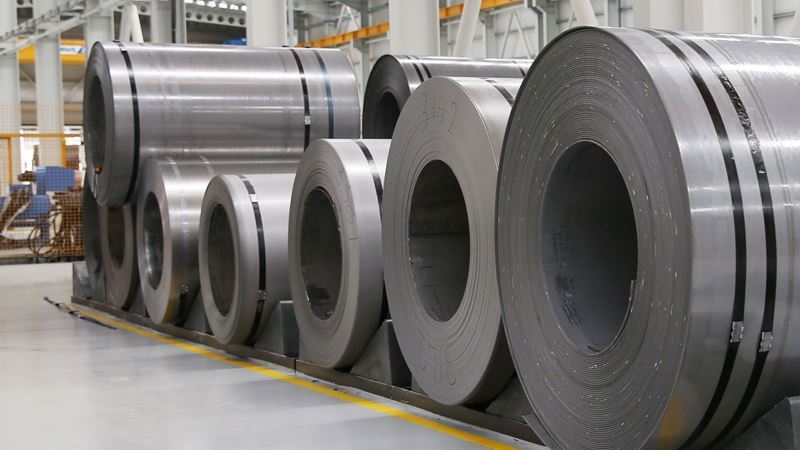

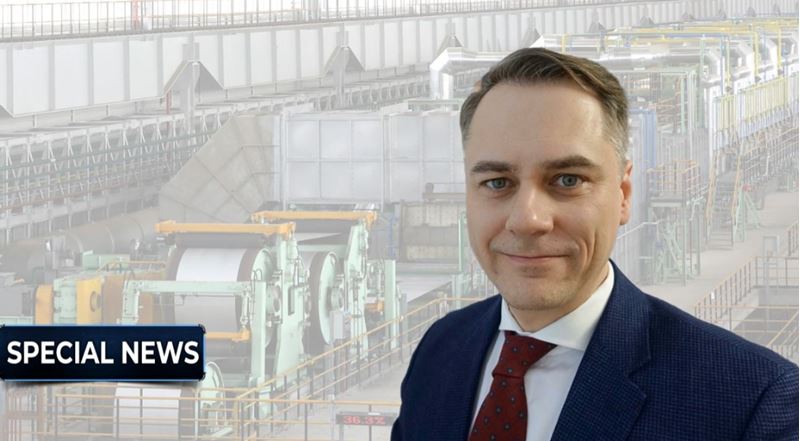


Comments
No comment yet.